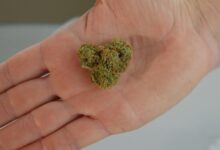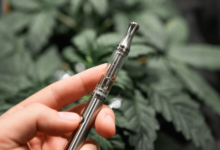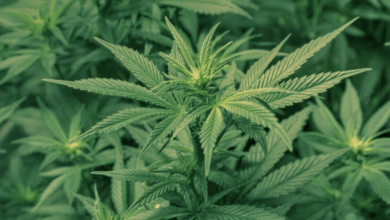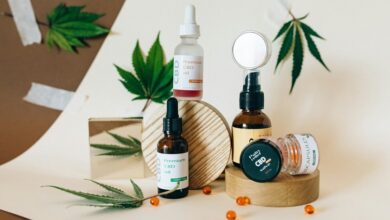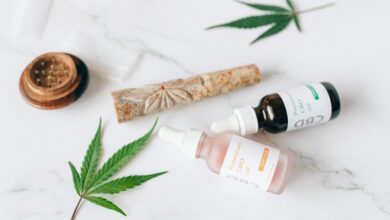Can Cbd Make You Fail Drug Test
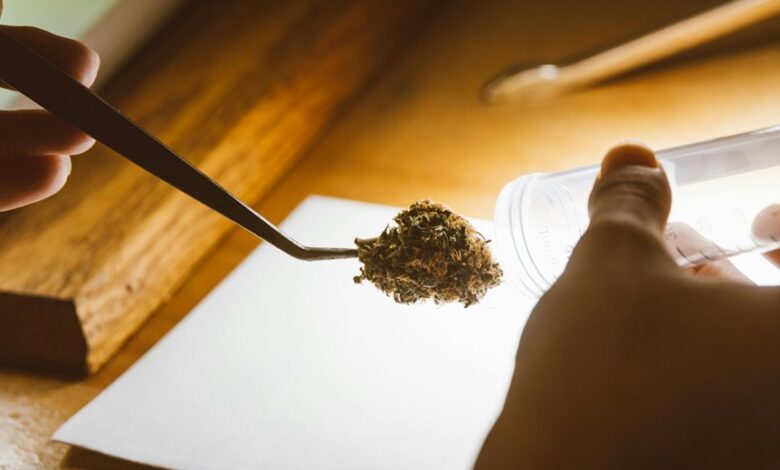
The relationship between CBD and drug tests is complex. While CBD itself is non-psychoactive and generally does not show up on standard screenings, the presence of THC in certain CBD products can lead to a positive result. Understanding the types of CBD products and their contents is crucial for users. Exploring how different drug testing methods might detect THC metabolites can provide further insight into this issue.
Understanding CBD and THC
Cannabidiol (CBD) and tetrahydrocannabinol (THC) are two prominent compounds found in the cannabis plant.
CBD benefits include potential relief from anxiety, inflammation, and pain without the psychoactive effects associated with THC.
In contrast, THC effects can cause euphoria and altered sensory perceptions.
Understanding these differences is crucial for individuals seeking the therapeutic advantages of cannabis while minimizing unwanted side effects or legal repercussions.
Types of CBD Products
The market offers a diverse array of CBD products, catering to various consumer preferences and needs.
Among these, full spectrum CBD contains multiple cannabinoids, including trace amounts of THC, potentially enhancing its effects.
In contrast, CBD isolate is a pure form of cannabidiol, free from other compounds.
Each product type offers distinct benefits, allowing consumers to choose based on their individual requirements.
Drug Testing Methods
As the popularity of CBD products continues to rise, understanding drug testing methods becomes increasingly important for users.
Common testing methods include saliva testing and urine testing. Saliva testing typically detects recent use, while urine testing can identify substances over a longer period.
Both methods raise concerns for CBD users, particularly regarding potential false positives for THC, the psychoactive compound found in cannabis.
Minimizing the Risk of Failing a Drug Test
How can CBD users effectively minimize their risk of failing a drug test?
They should choose high-quality products with verified product purity, ensuring they contain minimal THC.
Monitoring CBD dosage is crucial; lower doses may reduce the likelihood of THC accumulation.
Additionally, users should consider broad-spectrum or isolate options to avoid THC altogether, thereby enhancing their chances of passing drug tests.
Conclusion
In conclusion, while CBD itself is unlikely to cause a failed drug test, the presence of THC in some products can pose a risk. Users should be aware that approximately 25% of CBD products on the market may contain THC above legal limits, highlighting the importance of selecting high-quality isolates or broad-spectrum formulations. By prioritizing reputable brands and verified lab testing, individuals can significantly reduce their chances of encountering complications during drug screenings.

